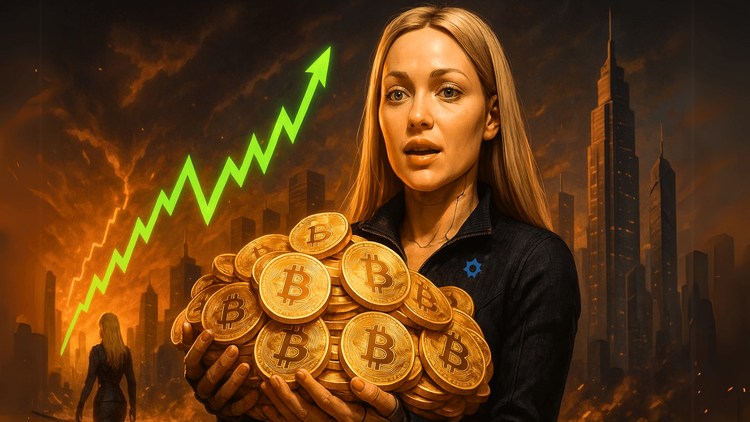Microsoft's largest strategic acquisition to date
Acquired Activision for $68.7 billion

Microsoft announced on Tuesday that it will acquire video game giant Activision Blizzard for $68.7 billion in cash.
Activision shares rose 27% Tuesday morning after the news, while Microsoft shares fell less than 1%. This would be Microsoft's largest acquisition to date, followed by its 2016 acquisition of LinkedIn for $26.2 billion.
Activision, known for popular games like Call of Duty and Tony Hawk's Pro Skater, has been embroiled in controversy over the past few months by reports of sexual misconduct and harassment among company executives. On Monday, Activision said it had fired dozens of executives following an investigation.
Under the terms of the agreement, Activision CEO Bobby Kotick, who has been asked to step down because of cultural issues at his company, will remain CEO during the transition period. Microsoft said that Activision as a company will report to Microsoft's Xbox CEO Phil Spencer after the transaction closes, meaning Kotick could leave the company after the transition. Microsoft expects to close the acquisition in fiscal 2023.
Microsoft has become more aggressive in the gaming space in recent years. In 2014, it bought Minecraft maker Mojang for $2.5 billion. And last year, Microsoft completed its $7.5 billion acquisition of games maker Bethesda.
The acquisition is also part of a long-term vision for Microsoft as the company competes with Meta (formerly Facebook) to develop technology to create a virtual world known as the Metaverse. In fact, Microsoft CEO Satya Nadella was the first major tech CEO to publicly acknowledge the value of the metaverse, months ahead of meta CEO Mark Zuckerberg. Today, virtual worlds are dominated by games, but it is hoped that they will also appeal to other demographics and replace much of the traditional online social networking activity.
"As we think about our vision of a metaverse, we believe there will not be a single, centralized metaverse," Nadella said Tuesday morning in a conference call discussing the deal. That means Nadella sees the possibility that many software makers will be able to create many different virtual worlds in the future, rather than one dominant company controlling the majority of activities.
However, Microsoft has yet to offer an affordable consumer virtual reality headset that would be necessary to realize the Metaverse's vision. Microsoft does sell an augmented reality headset called the HoloLens, but this device paints digital objects over the real world. It is not a fully immersive experience and is primarily used for business applications.
In an interview with CNBC's Becky Quick on Squawk on the Street, Kotick said the deal came about when he realized Microsoft had the technology to help Activision amid the burgeoning competition between tech companies to build the metaverse. In the same interview, Spencer said talks about an acquisition between the two companies began late last year.
Still, both companies focused on the present when announcing the deal, emphasizing Activision's strength in mobile gaming. For example, Activision owns Candy Crush, one of the most popular and lucrative mobile games out there. (Activision bought Candy Crush publisher King for $5.9 billion in 2016.) They also highlighted the possibility of co-promoting popular game franchises from both companies, like Microsoft's Halo and Activision's World of Warcraft.
"The last two years in particular have shown how important games are in giving people a sense of community and belonging, even when they are apart," Nadella said on a conference call Tuesday morning after the deal was announced. He added that 3 billion people play video games around the world, an indication of the overall market he thinks Microsoft will enter.hme Acquired Activision for $68.7 billion






